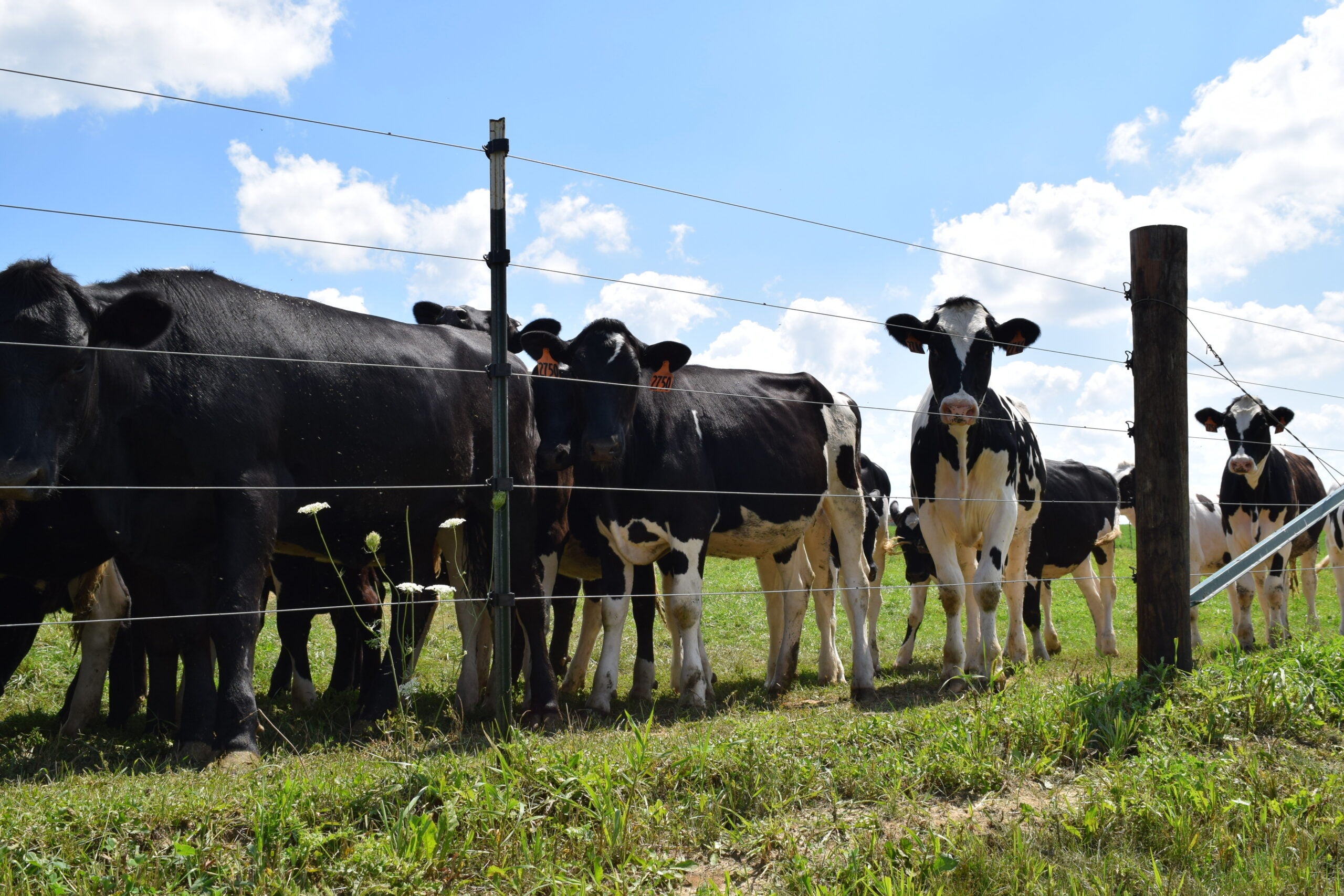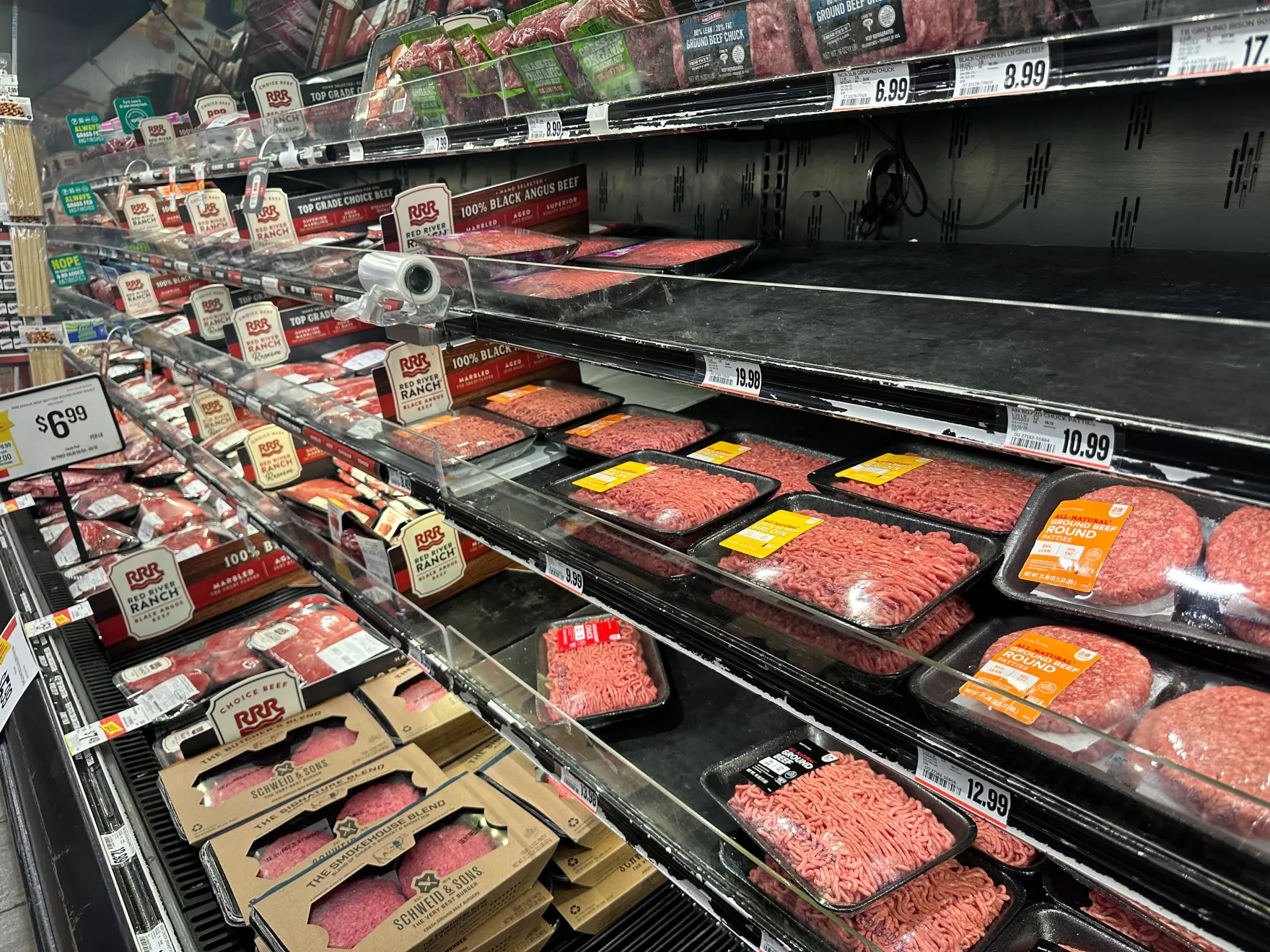The World Trade Organization ruled this week that the U.S.’s country of origin labels on meat are unfair to other countries.
Labeling what country food comes from has been in the rulebooks for years. The U.S. Department of Agriculture requires the information on meat, seafood, fruits and vegetables, and some nuts.
Canada’s and Mexico’s beef and pork industries challenged the rules, arguing that they’re unfair. The WTO agreed with them, saying Country of Origin Labeling, or COOL, requirements give the U.S. a competitive advantage in the marketplace and also create a recordkeeping burden.
News with a little more humanity
WPR’s “Wisconsin Today” newsletter keeps you connected to the state you love without feeling overwhelmed. No paywall. No agenda. No corporate filter.
Wisconsin Cattlemen’s Association President Austin Arndt said that it’s been pressuring Congress to repeal the law for years because it doesn’t benefit producers and could cost the beef industry.
“Mexico and Canada, which are going to be most affected by this, they are two of our top beef export markets. They’re threatening retaliatory tariffs against a lot of U.S. goods if the United States doesn’t drop COOL,” said Arndt.
Some, however, have argued that consumers have the right to know where their meat comes from. Wisconsin Farmers’ Union government relations director Kara O’Connor also said having that information should be beneficial for producers.
“Food safety regulations vary, and we feel confident about the food safety status of products produced in the U.S. We’re proud of what we produce and we think consumers want to buy products from the U.S.,” said O’Connor.
O’Connor said that if the USDA appeals the decision or if it rewrites the law to comply with the WTO’s ruling, she hopes that consumers still get the information they want.
Wisconsin Public Radio, © Copyright 2025, Board of Regents of the University of Wisconsin System and Wisconsin Educational Communications Board.






